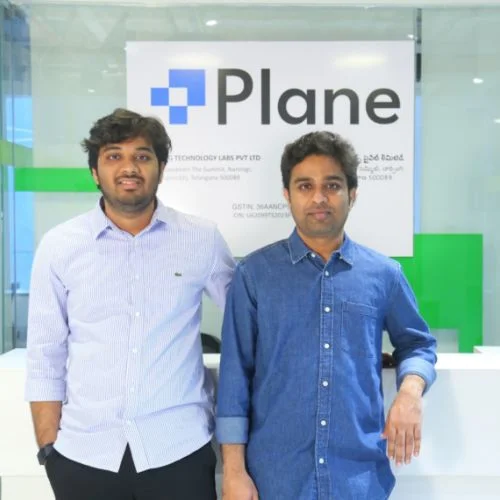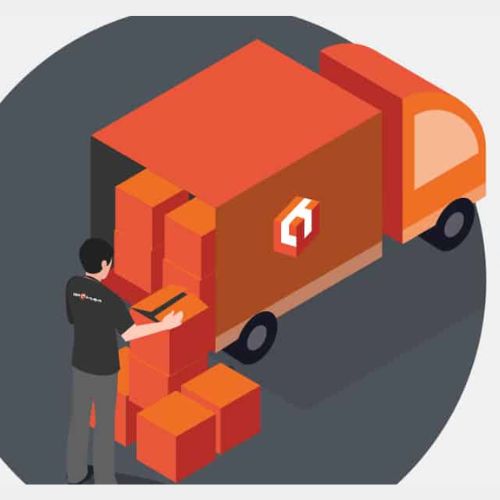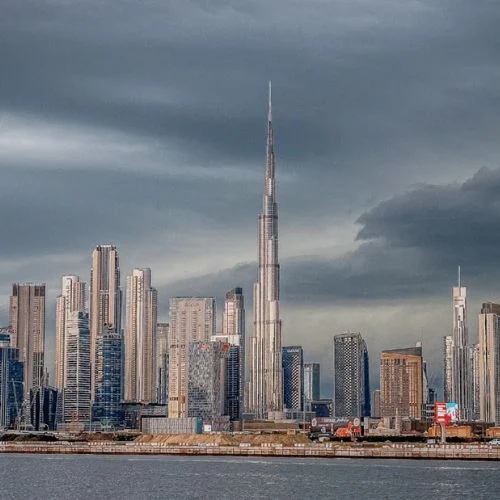As India’s civil aviation minister told Reuters that the “moment has come” to meet the country’s surging demand for jets built domestically, the world’s two largest aircraft manufacturers are under increasing pressure to establish jetliner facilities there. Airbus and Boeing should set up jet assembly plants in India, India says
In view of plans to domestically construct Airbus C295 military transport planes in India, Jyotiraditya Scindia claimed that the time was right for both jet makers to take a “leap of faith” as India’s rapidly expanding aerospace sector hits an “inflection point.”
When asked if Airbus and Boeing should now think about establishing aircraft assembly in India, Scindia responded, “Yes, and with a capital A, and the reason why I said capital A is because Airbus has already made that major historic step: the C295.”
Airbus and Boeing have both emphasized the scope and sophistication of their current investments in India while downplaying the significance of final passenger aircraft assembly.
In order to help Prime Minister Narendra Modi‘s “Made in India” initiative grow the world’s fifth-largest economy, an Airbus-Tata alliance intends to construct 40 C295 aeroplanes in Gujarat, his home state.
Tata-controlled According to insiders, India’s largest airline, IndiGo, is in discussions to purchase an additional 500 aircraft. Air India placed record orders for 470 aircraft from Airbus and Boeing last month.
“The market, the volume, and the engineering expertise are all present.” Following that, you make the leap of faith. So this is the appropriate moment, In a conversation, Scindia remarked, adding that such choices wouldn’t always be related to particular aircraft purchases.
He stated, “Now is the moment for these corporations to consider setting up shop in India.
For many years, India has discreetly pushed for the assembly of jets, but in the past year, pressure has increased behind the scenes, according to two people with knowledge of the situation.
The drive occurs at a time when the two global aviation goliaths must balance the need for capacity to fulfill surging demand with strain on global supply networks and geopolitical unrest.
Their approaches diverge: whereas Airbus has four sets of rival A320 lines in Europe, the US, and China, Boeing maintains industry-standard 737 manufacturing in the Seattle region.
Both now seem to have rejected India’s requests for civil final assembly lines (FAL), highlighting their prior expenditures in engineering, supply chains, and maintenance. Airbus claimed to spend $700 million, while Boeing claimed to spend $1 billion on components and services from India annually.
Salil Gupte, president of Boeing India, told Reuters that there is a desire for as much production to take place in each nation as feasible. “Final assembly is a desire that you see all across the world,” he said.
Final decisions are dependent on the business case, and Boeing is constantly searching for ways to expand its operations in India, he continued.
Last month, Boeing announced the opening of a facility in Hyderabad to convert 737 passenger aircraft into solely dedicated freighters. Both aircraft manufacturers have technical facilities and hundreds of staff members in India.
Remi Maillard, president of Airbus India and South Asia, stated via email that even without the C295 FAL, the Airbus industrial presence in India currently provides the nation with more jobs and foreign exchange value than any current assembly operation would.
Although assembly only accounts for 5% to 7% of the cost of a jet, it is frequently viewed as a political victory, according to aerospace analysts.
In 2008, when its share of the Chinese market was just approximately 30%, Airbus built an A320 line in northern China in exchange for a certain number of aircraft for regional carriers.
Although McDonnell Douglas built a few planes in China before being bought by Boeing in 1997, Boeing has never established a commercial manufacturing plant outside of the United States. It inaugurated a 737 cabin-completion facility in Zhoushan, China, in 2018.















